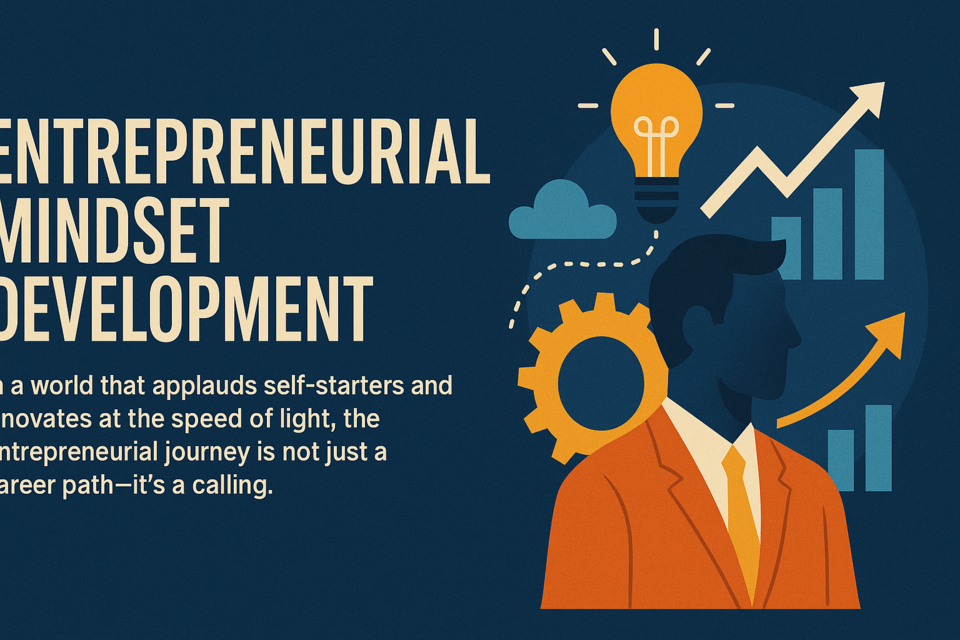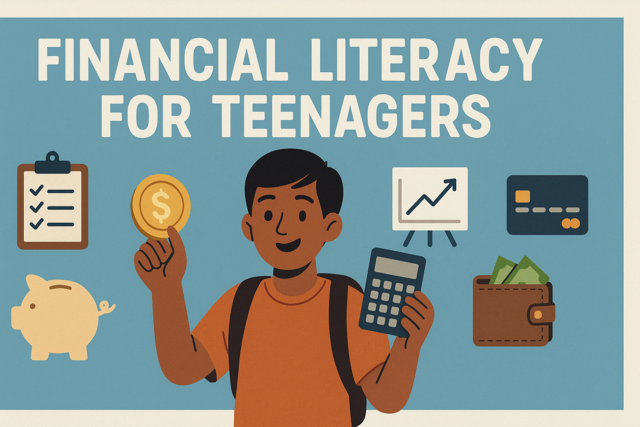Online Class: Trauma Typologies — Exploring Varieties of Psychological Wounds

no certificate
with CEU Certificate*
-
15Lessons
-
22Exams &
Assignments -
7Hours
average time -
0.7CEUs
Course Description
Imagine unlocking a pathway to not only understanding the depths of human experience but empowering yourself to transform lives, including your own, through profound comprehension. Welcome to "Trauma Typologies: Exploring Varieties of Psychological Wounds," a groundbreaking online course meticulously tailored for those ready to embark on a transformative journey into the intricate layers of trauma.
Picture yourself as a beacon of hope in a world deeply affected by unseen wounds. Whether you're a mental health professional, a caring educator, someone whose path has crossed with trauma, or simply a seeker of deeper understanding, this course is your gateway to essential knowledge and skills. Seamlessly blending academic rigor with empathetic insight, we offer an experience unlike any other--one that is not just informative but undeniably life-altering.
In today's fast-paced world, trauma has become a silent epidemic, affecting millions across every walk of life. Yet, within the struggles of trauma, there exist powerful narratives of resilience, healing, and growth waiting to be uncovered. Our course invites you to be a part of these stories--to understand them, learn from them, and help rewrite them.
Starting with childhood trauma, we delve into the origins of psychological wounds, unearthing the foundations and long-lasting impacts of early life experiences. This isn't just a glance at symptoms but a deep dive into the very essence of how trauma shapes us from the ground up.
Imagine unraveling the mysteries of the human brain and discovering how trauma weaves its complex patterns into our neurobiology. We explore these intricacies, painting a vivid picture of the invisible yet profound battle within--a battle you can learn to navigate with confidence and compassion.
Legacy, lineage, and the poignant reality of intergenerational trauma reveal how the shadows of the past persistently influence the present. With a focus on community and cultural understanding, you'll gain insights that transcend individual experiences, making you a force for collective healing.
As you progress, encounter the diverse and multifaceted nature of trauma, from acute and complex to vicarious and developmental. You'll engage with cutting-edge research and personal narratives, equipping you to identify and address these varied forms of trauma effectively. Each lesson builds upon the last, yet stands as a powerful beacon of insight on its own.
Let's step into the realm of collective experiences with cultural trauma--an exploration of how societies converge in collective mourning and recovery, offering you the tools to promote resilience within communities globally. In these uncertain times, understanding and leading cultural trauma recovery is not just beneficial; it's vital.
Our course reaches deeply into the personal battles of identity-based and sexual trauma, offering a compassionate and profound understanding of the unique challenges victims face and how to skillfully navigate the delicate pathways to healing.
Imagine the impact of mastering the art of trauma-informed care, a fundamental skill for any professional deeply committed to meaningful change. You won't just learn principles; you'll live them, becoming an advocate for healing and transformation.
Finally, harness the strength of post-traumatic growth and resilience. Within every wound lies the potential for an incredible transformation, and you'll learn to guide others--and yourself--towards a brighter reality of renewal and newfound strength.
"My humanity is bound up in yours, for we can only be human together," said Desmond Tutu, capturing the essence of our mission. This course is not merely academic; it's a movement towards a more empathetic, understanding, and resilient world.
By registering for "Trauma Typologies: Exploring Varieties of Psychological Wounds," you're taking a pivotal step--a step towards becoming a catalyst for change, equipped with unparalleled expertise and empathy. Feel the pull of possibility, the promise of profound impact. Join a community of passionate learners and educators, and emerge ready to make a difference in a world that needs your understanding more than ever.
Are you ready to transform lives, starting with your own? The journey begins here. Enroll today and redefine what it means to heal and be healed.
- Completely Online
- Self-Paced
- 6 Months to Complete
- 24/7 Availability
- Start Anytime
- PC & Mac Compatible
- Android & iOS Friendly
- Accredited CEUs

Course Lessons
Lesson 1. Childhood Trauma's Lifelong Shadow: Understanding and Addressing Impact
The neurobiological impacts of childhood trauma reveal alterations in brain structure, significantly affecting memory, emotional regulation, and stress response mechanisms. Interventions that focus on cognitive restructuring, mindfulness, and secure attachment can aid in healing and establishing healthier trajectories for affected individuals.Lesson 2. Neurobiological Changes of Trauma: The Brain's Evolving Landscape
Trauma impacts the dopamine system, which is critical for motivation and reward processing, leading to symptoms like apathy and anhedonia. Understanding dopamine's role explains certain behaviors in trauma survivors who may seek risky activities to regulate their neurochemical imbalance.Lesson 3. Trauma Across Generations
The transgenerational transmission of trauma exemplifies how historical events like slavery and the Holocaust can alter family dynamics and identity, influencing biological and psychological well-being across generations. This narrative underscores the importance of community engagement and tailored therapeutic interventions to disrupt cycles of inherited trauma and promote resilience.Lesson 4. From Sudden Shock to Resilience: Navigating Acute Trauma's Impact and Recovery
Therapies such as EMDR address acute trauma by reprocessing distressing memories, while virtual therapy broadens access to mental health care. Community-driven support networks foster resilience, participants equipped with crisis response skills enhancing collective recovery efforts.Lesson 5. Complex Trauma: Healing and Transformation
Complex trauma reflects the protracted distress of ongoing psychological harm or neglect, disrupting an individual's capacity for secure attachments and self-worth. Through integrative therapeutic techniques that encourage emotional regulation and cognitive restructuring, individuals can embark on a transformative journey toward healing and fulfillment.Lesson 6. The Ripple Effect: Exploring the Profound Impacts of Indirect Trauma
Vicarious trauma represents an occupational challenge for those indirectly exposed to trauma, such as therapists, leading to emotional and cognitive shifts that impact their worldview. Active self-care and awareness of trauma's effects can transform this challenge into a growth opportunity, enhancing empathy and effectiveness in caregiving roles.Lesson 7. Memory and Trauma: Interplay and Healing
Narrative Therapy empowers individuals by redefining their relationship with trauma through narrative reconstruction, fostering a future of hope and resilience. By evaluating outcomes, Narrative Therapy showcases its potential to reshape identities and instill a sense of agency.Lesson 8. Echoes of History: Understanding Cultural Impacts on Identity
Collective rituals and cultural continuity are vital for communities navigating cultural trauma, ensuring the survival of heritage and fostering resilience. Through storytelling, communities like Indigenous tribes reclaim narratives, heal communal wounds, and maintain identity amidst historical adversities, paving pathways for societal cohesion and empowerment.Lesson 9. Transforming Trauma into Resilience: A Neuroscientific Perspective
Lesson 9 explains that developmental trauma from neglect or abuse in childhood affects brain development, particularly impacting areas responsible for behavior and emotional regulation. Understanding these effects can guide the creation of interventions that promote healing and resilience in affected individuals.Lesson 10. Navigating Identity-Based Trauma: Understanding Discrimination's Impact
Narrative therapy highlights the healing potential of storytelling by allowing individuals to reshape their traumatic experiences into empowering personal histories. This therapeutic process not only aids emotional recovery but also enhances social bonds and cultural understanding across diverse communities.Lesson 11. The Multifaceted Role of Resilience in Healing
Resilience acts as a pivotal force in trauma recovery, intertwining internal strengths like emotional intelligence with external supports to help individuals navigate and transform adversity. This dynamic process, highlighted by Dr. Ann Masten's 'ordinary magic,' promises hope for trauma survivors by fostering adaptable, growth-oriented mindsets.Lesson 12. Transformative Engagements with Sexual Trauma
Understanding intergenerational trauma highlights the need for comprehensive interventions, ensuring that supportive and healing environments are cultivated to disrupt trauma cycles.Lesson 13. Exploring the Link Between Isolation, Trauma, and Addiction
Isolation drives individuals towards temporary solace in substances, highlighting the need for trauma-informed care focused on safety and empowerment. Community support and therapeutic models like TF-CBT and DBT are crucial in breaking the cycle of addiction and fostering recovery.Lesson 14. Decoding Gender Roles: Navigating Diversity with Empathy
Lesson Summary 1: Dive into the complexities of gender roles and diversity, revealing the societal expectations that shape individuals' lives and highlighting pathways to foster an inclusive and equitable future. Explore how breaking down traditional gender roles entails both challenges and opportunities, requiring societies to embrace diversity and intersectionality for real progress.Lesson 15. Transcending Adversity: The Power of Post-Traumatic Growth
Lesson 1
Learning Outcomes
- Define various forms of childhood trauma and explain their long-term effects on psychological and physical health.
- Identify and evaluate effective intervention strategies for mitigating the impacts of childhood trauma, focusing on trauma-informed care techniques.
- Demonstrate an understanding of how trauma-induced neurochemical changes affect neurotransmitter function and psychological symptoms.
- Describe the role of cortisol dysregulation in trauma and its impact on memory, anxiety, and depression.
- Describe the historical emergence of intergenerational trauma in post-colonial societies and its effects on cultural identity.
- Explain how epigenetic changes contribute to the biological transmission of trauma across generations.
- Identify coping strategies for managing acute trauma effects, including recognizing triggers and using mindfulness techniques to reduce emotional distress.
- Recognize the physiological responses activated during acute trauma, such as the fight-or-flight mechanism and stress hormone release.
- Demonstrate an understanding of therapeutic approaches, such as trauma-focused CBT, for processing complex trauma and fostering resilience.
- Identify the effects of complex trauma on emotional regulation and interpersonal relationships.
- Define vicarious trauma and distinguish it from related concepts like burnout and compassion fatigue.
- Identify and implement self-care strategies to manage the impact of vicarious trauma in professional and personal contexts.
- Demonstrate mastery of lesson content at levels of 70% or higher.
Additional Course Information

- Document Your Lifelong Learning Achievements
- Earn an Official Certificate Documenting Course Hours and CEUs
- Verify Your Certificate with a Unique Serial Number Online
- View and Share Your Certificate Online or Download/Print as PDF
- Display Your Certificate on Your Resume and Promote Your Achievements Using Social Media

Choose Your Subscription Plan
No Certificate / No CEUs
This course only
| Includes certificate | X |
| Includes CEUs | X |
| Self-paced |

|
| Instructor support |

|
| Time to complete | 6 months |
| No. of courses | 1 course |
Certificate & CEUs
This course only
| Includes certificate |

|
| Includes CEUs |

|
| Self-paced |

|
| Instructor support |

|
| Time to complete | 6 months |
| No. of courses | 1 course |
Certificates & CEUs
Includes all 600+ courses
| Includes certificate |

|
| Includes CEUs |

|
| Self-paced |

|
| Instructor support |

|
| Time to complete | 12 Months |
| No. of courses | 600+ |
Certificates & CEUs
Includes all 600+ courses
| Includes certificate |

|
| Includes CEUs |

|
| Self-paced |

|
| Instructor support |

|
| Time to complete | 24 Months |
| No. of courses | 600+ |
Related Courses
-
 7 hours
0.7 CEUs
Developing and Maintaining Healthy Habits
+ More Info
7 hours
0.7 CEUs
Developing and Maintaining Healthy Habits
+ More Info
-
 3 hours
0.3 CEUs
Career Planning and Development
+ More Info
3 hours
0.3 CEUs
Career Planning and Development
+ More Info
-
 6 hours
0.6 CEUs
Creating a Work-Life Balance
+ More Info
6 hours
0.6 CEUs
Creating a Work-Life Balance
+ More Info
-
 6 hours
0.6 CEUs
Project Management for Personal Projects
+ More Info
6 hours
0.6 CEUs
Project Management for Personal Projects
+ More Info
-
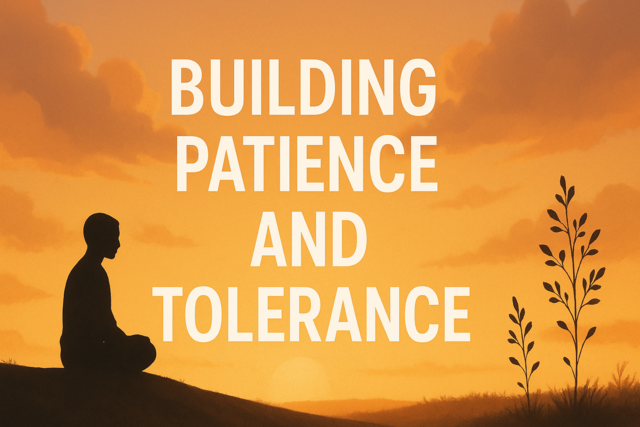 7 hours
0.7 CEUs
Building Patience and Tolerance
+ More Info
7 hours
0.7 CEUs
Building Patience and Tolerance
+ More Info
-
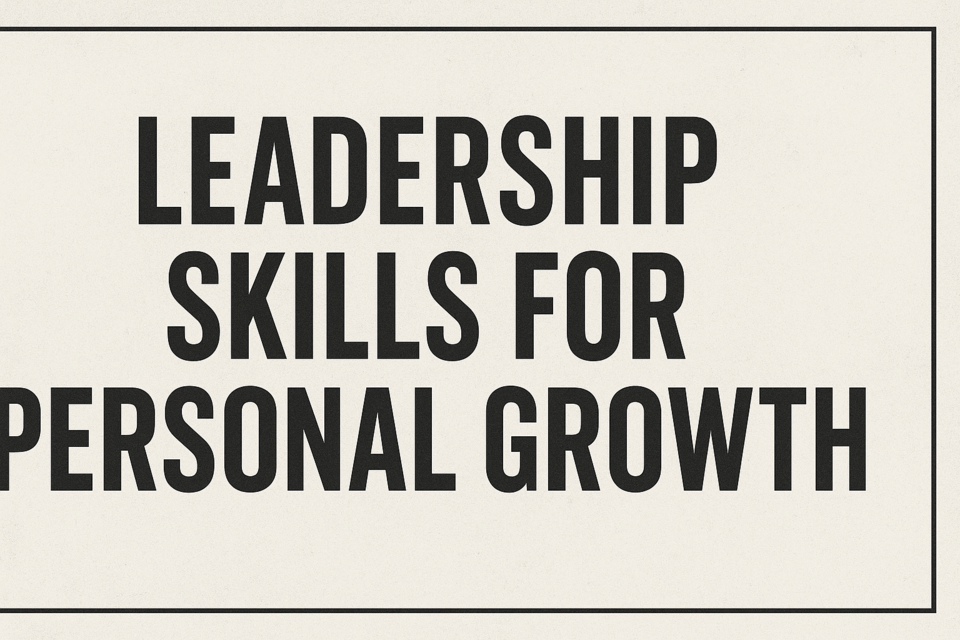 4 hours
0.4 CEUs
Leadership Skills for Personal Growth
+ More Info
4 hours
0.4 CEUs
Leadership Skills for Personal Growth
+ More Info
-
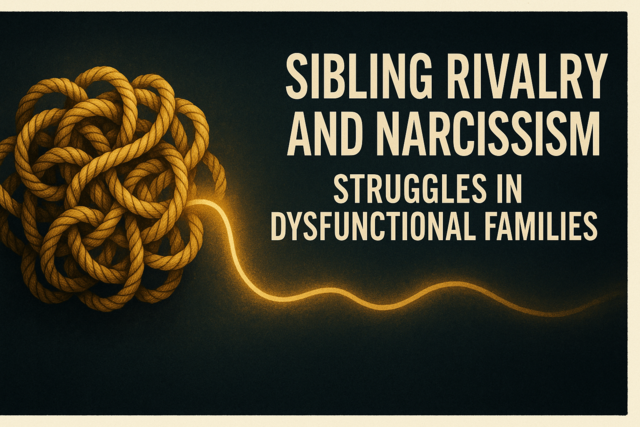 6 hours
0.6 CEUs
Sibling Rivalry and Narcissism: Struggles in Dysfunctional Families
+ More Info
6 hours
0.6 CEUs
Sibling Rivalry and Narcissism: Struggles in Dysfunctional Families
+ More Info
-
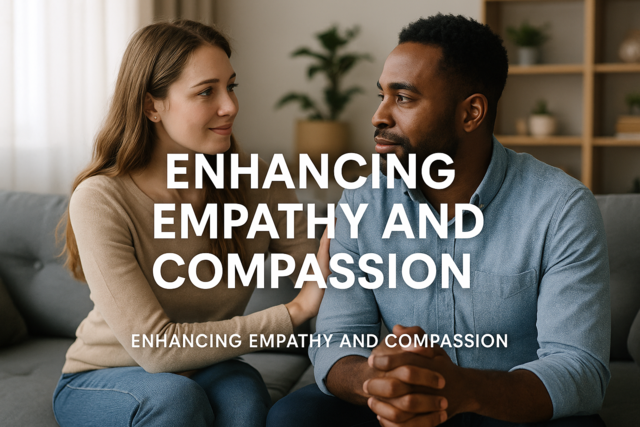 7 hours
0.7 CEUs
Enhancing Empathy and Compassion
+ More Info
7 hours
0.7 CEUs
Enhancing Empathy and Compassion
+ More Info
-
 7 hours
0.7 CEUs
Effective Communication Skills for Everyday Life
+ More Info
7 hours
0.7 CEUs
Effective Communication Skills for Everyday Life
+ More Info
-
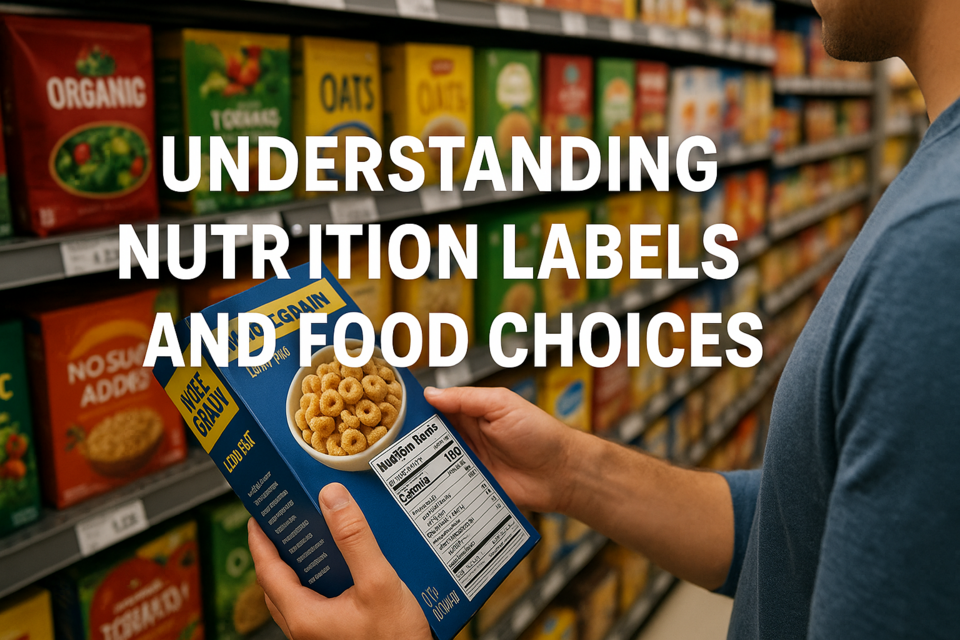 5 hours
0.5 CEUs
Understanding Nutrition Labels and Food Choices
+ More Info
5 hours
0.5 CEUs
Understanding Nutrition Labels and Food Choices
+ More Info
-
 6 hours
0.6 CEUs
The Art of Active Listening
+ More Info
6 hours
0.6 CEUs
The Art of Active Listening
+ More Info
-
 5 hours
0.5 CEUs
Generational Patterns: How Narcissism Perpetuates Dysfunction
+ More Info
5 hours
0.5 CEUs
Generational Patterns: How Narcissism Perpetuates Dysfunction
+ More Info
-
 4 hours
0.4 CEUs
Emergency Preparedness and Survival Skills
+ More Info
4 hours
0.4 CEUs
Emergency Preparedness and Survival Skills
+ More Info
-
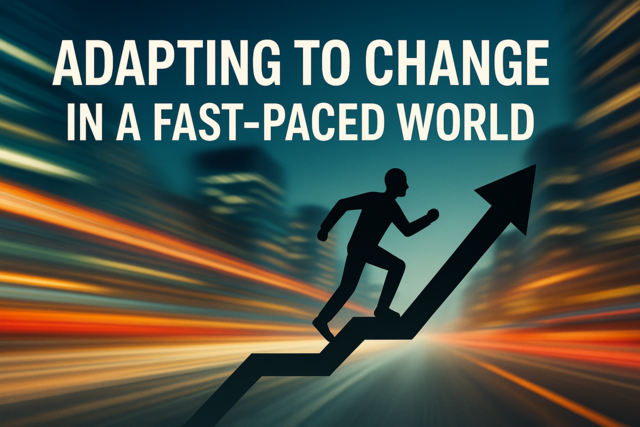 7 hours
0.7 CEUs
Adapting to Change in a Fast-Paced World
+ More Info
7 hours
0.7 CEUs
Adapting to Change in a Fast-Paced World
+ More Info
-
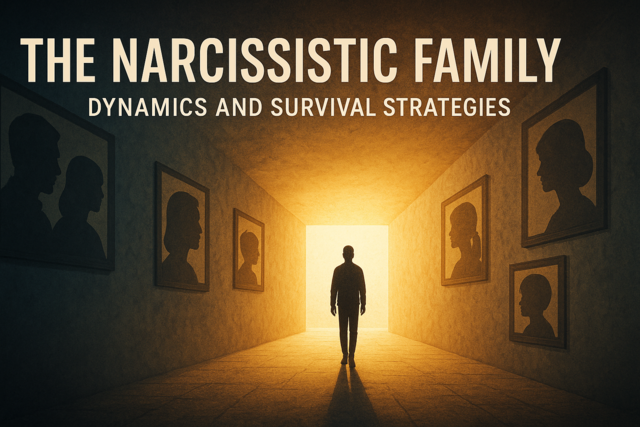 5 hours
0.5 CEUs
The Narcissistic Family: Dynamics and Survival Strategies
+ More Info
5 hours
0.5 CEUs
The Narcissistic Family: Dynamics and Survival Strategies
+ More Info
-
 3 hours
0.3 CEUs
Budgeting and Financial Planning
+ More Info
3 hours
0.3 CEUs
Budgeting and Financial Planning
+ More Info
-
 5 hours
0.5 CEUs
Fostering a Positive Attitude
+ More Info
5 hours
0.5 CEUs
Fostering a Positive Attitude
+ More Info
-
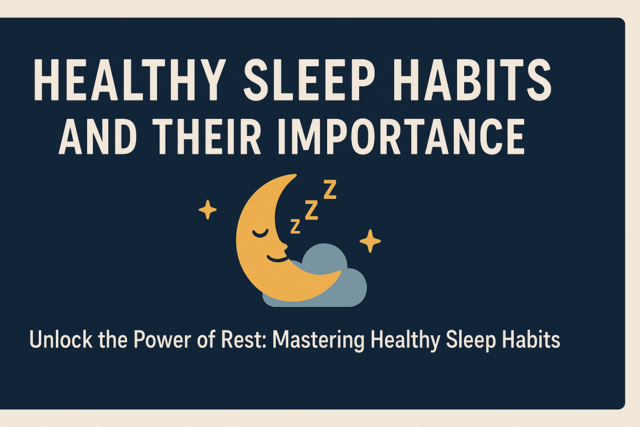 7 hours
0.7 CEUs
Healthy Sleep Habits and Their Importance
+ More Info
7 hours
0.7 CEUs
Healthy Sleep Habits and Their Importance
+ More Info
-
 7 hours
0.7 CEUs
Travel Planning and Safety Skills
+ More Info
7 hours
0.7 CEUs
Travel Planning and Safety Skills
+ More Info
-
 3 hours
0.3 CEUs
Parenting Skills for the Modern Family
+ More Info
3 hours
0.3 CEUs
Parenting Skills for the Modern Family
+ More Info
-
 7 hours
0.7 CEUs
Healthy Lifestyle and Fitness Habits
+ More Info
7 hours
0.7 CEUs
Healthy Lifestyle and Fitness Habits
+ More Info
-
 7 hours
0.7 CEUs
Building a Healthy Work Environment
+ More Info
7 hours
0.7 CEUs
Building a Healthy Work Environment
+ More Info
-
 5 hours
0.5 CEUs
Self-Discipline and Motivation Strategies
+ More Info
5 hours
0.5 CEUs
Self-Discipline and Motivation Strategies
+ More Info
-
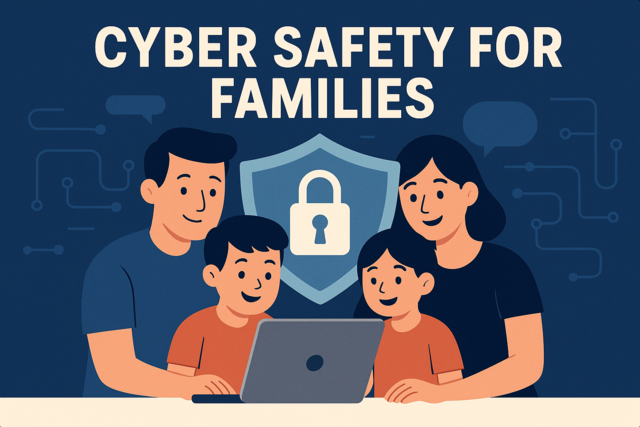 5 hours
0.5 CEUs
Cyber Safety for Families
+ More Info
5 hours
0.5 CEUs
Cyber Safety for Families
+ More Info
-
 5 hours
0.5 CEUs
Family Dynamics and Trauma: Unraveling the Impact on Relationships
+ More Info
5 hours
0.5 CEUs
Family Dynamics and Trauma: Unraveling the Impact on Relationships
+ More Info
-
 7 hours
0.7 CEUs
Self-Care and Wellness Practices
+ More Info
7 hours
0.7 CEUs
Self-Care and Wellness Practices
+ More Info
-
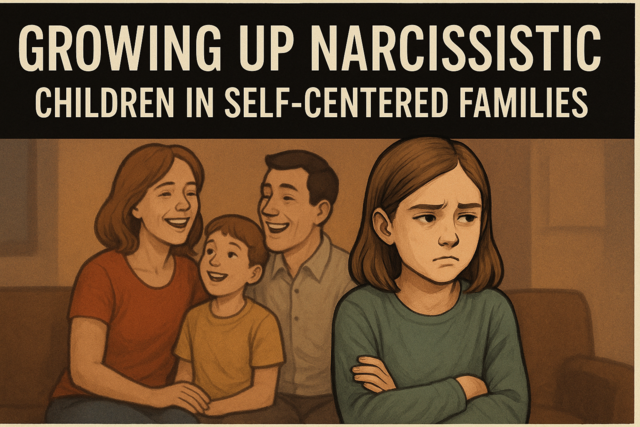 3 hours
0.3 CEUs
Growing Up Narcissistic: Children in Self-Centered Families
+ More Info
3 hours
0.3 CEUs
Growing Up Narcissistic: Children in Self-Centered Families
+ More Info


